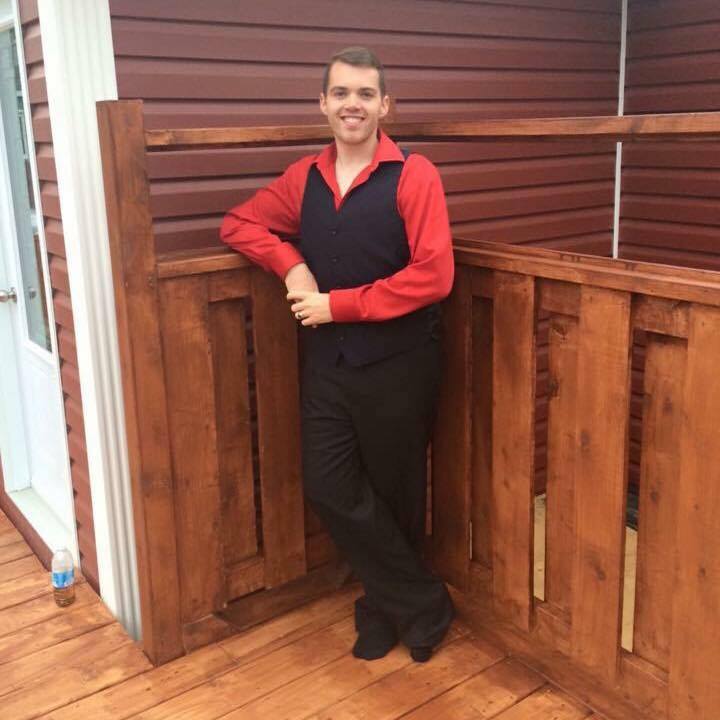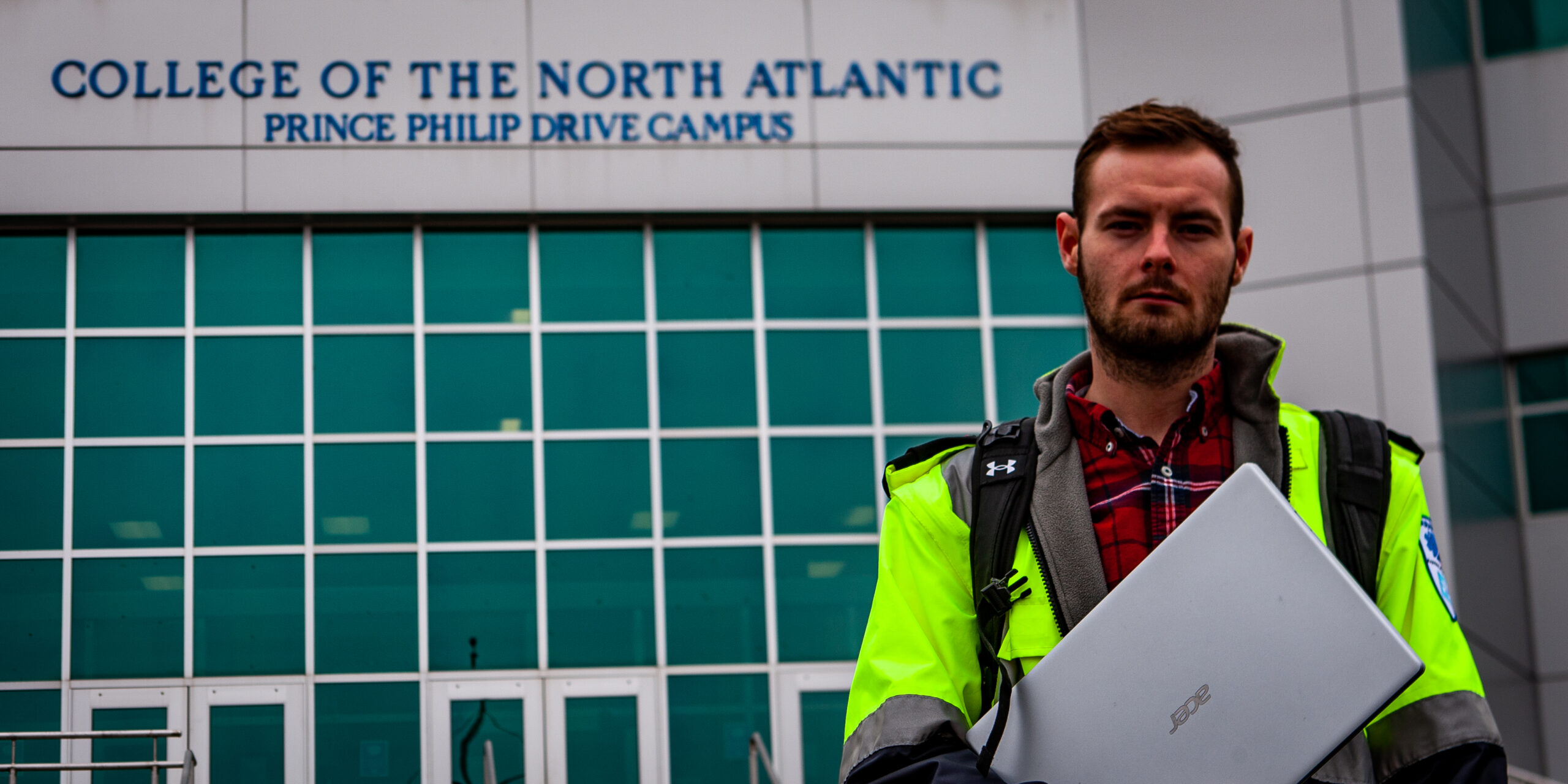Members of the LGBTQ+ community say support is significantly lacking in small towns across the province.
Lauren George
Kicker
With support for the LGBTQ+ community growing in most larger cities across Newfoundland and Labrador, some members feel smaller areas are significantly lacking support.
Justin Davis was born and raised in Grand Falls-Windsor. He says he came out at the age of 20, after many long, hard years.
Davis says many people refer to Grand Falls-Windsor as the Bible Belt of the province because it’s a highly religious area. There are no LGBTQ+ support groups and it was only in the past couple of years that a pride flag was raised at the town hall. According to Davis, approximately seven people attended the ceremony.

Throughout high school, Davis was bullied because of his sexuality.
“People don’t understand it, didn’t understand it and still don’t,” Davis said. “I still get threatening messages on Facebook. A lot of people move from this area to St. John’s or Corner Brook to come out and be free. That’s sad that they don’t feel they are loved here. We have a very older population here in Grand Falls-Windsor, who were raised strictly by the Bible, and it’s hard to change their minds.”
Davis says he feels it all boils down to the lack of education in smaller communities across the province. Even dating in Grand Falls-Windsor compared to Corner Brook and St. John’s is drastically different.
“I’ve been on a couple of dates here in Grand Falls-Windsor, and it’s really awkward,” he said. “People look at you very oddly and make comments about you behind your back. It’s sort of shocked me so much that I don’t even bother to date much in the central area.”
“You’re never less of a person because of your sexuality or your gender,” said Davis. “Don’t let anyone belittle you for being you.”
Davis says dating is much easier in St. John’s because people are less judgemental. He feels there’s a different mentality and people seem to be more educated, accepting and open-minded.
Jacob Efford lives in Labrador City, where he says he faces many similar issues.
“I deal with small town mentality and transphobia very often,” said Efford.
During his transition, Efford said he had to fight to get the medical attention required since most medical staff in the area had little knowledge about transgender health. He says there are no psychiatrists in Labrador City, so even initial diagnosis was troublesome.
Efford couldn’t get access to testosterone treatment in Labrador City and he was wait-listed for a locum psychiatrist to come into town.
Although Efford is progressing in his transition with help from a doctor who worked with other medical professionals outside the province, he still faces struggles today.

“My (testosterone) levels are not monitored, leaving me to feel they are really too low,” said Efford.
Efford says being from a small town has stunted his transition, but the province as a whole is not overly helpful. The costs of Efford’s surgeries are not covered financially and he is required to pay out of his own pocket because the government claims the surgery is not medically necessary.
Efford feels differently.
“I suffer mentally and physically,” said Efford. “If I don’t bind (my chest), mentally, I do not feel right and I slip into a depressive state.”
Efford says the biggest change needs to be in training medical staff to assist transgender people better. He also says the government needs to realize transgender issues like gender dysphoria – one’s identity as a male or female does not match, or is opposite to one’s biological sex – are serious.
Both Davis and Efford continue to face many obstacles, but urge others in similar situations to keep fighting for what’s right.
“You’re never less of a person because of your sexuality or your gender,” said Davis. “Don’t let anyone belittle you for being you.”



